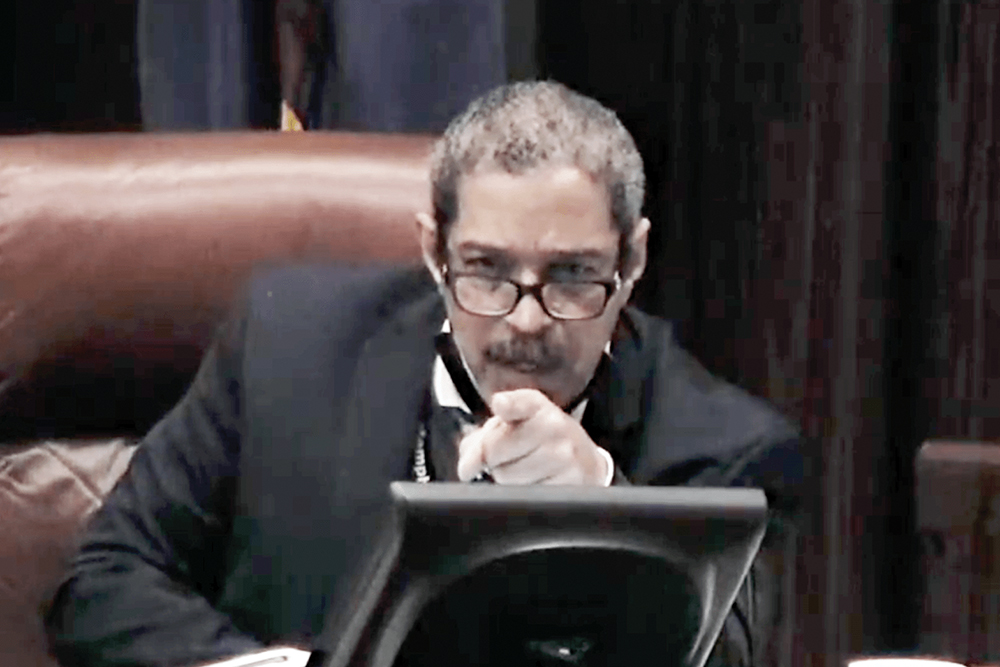As reported last week by Erik Schelzig of The Tennessee Journal and the On the Hill news blog, the General Assembly’s Democrats are gamely offering their version of a fair and balanced redistricting map for Tennessee’s nine congressional districts.
“This map proposal is a reflection of real people and the concerns that are shared by underserved communities across the state,” said state Rep. Karen Camper, the leader of the Democratic minority in the state House. “We look forward to presenting their ideas and policy priorities to the General Assembly.”
The map attempts to make minimal changes in the state’s current political topography. Although Middle Tennessee’s rampant population growth is accounted for by routing several of Nashville’s fastest-growing suburbs into a reconstructed 4th Congressional District, the state capital itself would remain intact and whole, as at present, within lines that would continue its status as one of the state’s two dependably Democratic districts — the other, of course, being the 9th Congressional District, which now encapsulates most of Memphis. In the Democrats’ recommended version, the 9th would include all of the city plus Bartlett.
Shelby County’s other suburban municipalities — Germantown, Collierville, Lakeland, Arlington, and Millington — would be included in an expanded 8th Congressional District that would stretch from the Tennessee River to the Mississippi River. Millington’s inclusion in this hypothetical 8th District would remove it from its current coupling with Memphis in the 9th.
Of course, it is the legislature’s Republicans, a supermajority, who will determine the final outlines of Tennessee’s congressional districts, regardless of what Democrats or the Assembly’s nominally bipartisan advisory committee should advise.
And, while the 9th District could hardly be anything but Memphis-centric and majority-Democratic, the state’s demographic contours being what they are, it is otherwise with the status of Nashville. The city is not only Democratic in its history and voting habits; it is probably the most focused Democratic area in Tennessee, an irony, given the frequent use of “Nashville” as a synecdoche denoting the ultra-right doings of the predominantly rural legislators who control the actions of the General Assembly, which meets there.
And such word, as has come from legislative Republicans, indicates that the final redistricting of Middle Tennessee will slice and dice the capital city and its environs into an assortment of gerrymandered districts that would give Republicans good chances of winning all of them.
And, the good intentions of the Democrats’ redistricting proposal notwithstanding, such an outcome would make Memphis’ 9th District a last, lone Democratic preserve in a solid red Republican state.
• Last week’s verbal mistreatment of two county government emissaries by City Councilman Edmund Ford Sr. was essentially a spin-off of the continuing feud between firebrand County Commissioner Edmund Ford Jr. and County Mayor Lee Harris. The feud continues despite valiant efforts by Commissioner Van Turner and others to arrange a truce.
• State Senator Brian Kelsey (R-Germantown), fighting campaign finance charges, has engaged Jerry Martin, the attorney who previously assisted former Nashville Mayor Megan Barry, dealing with misconduct allegations, in negotiating her resignation.

